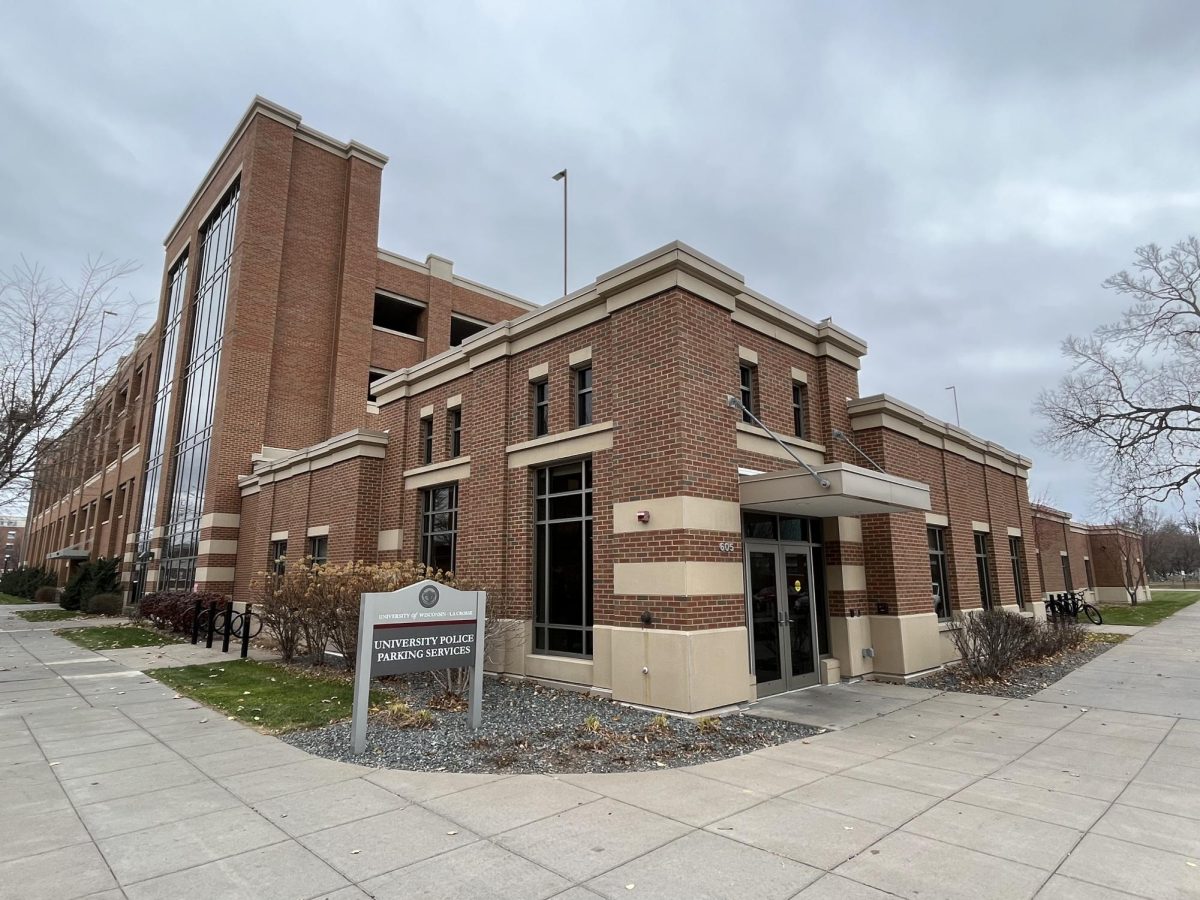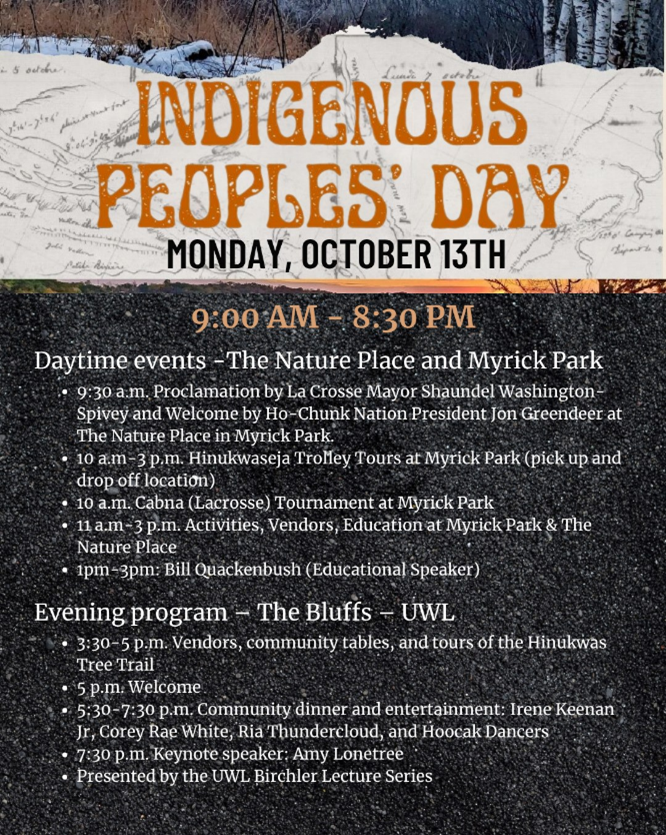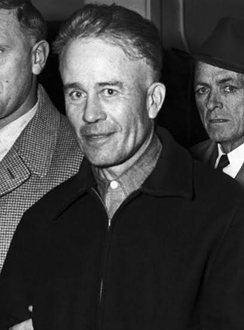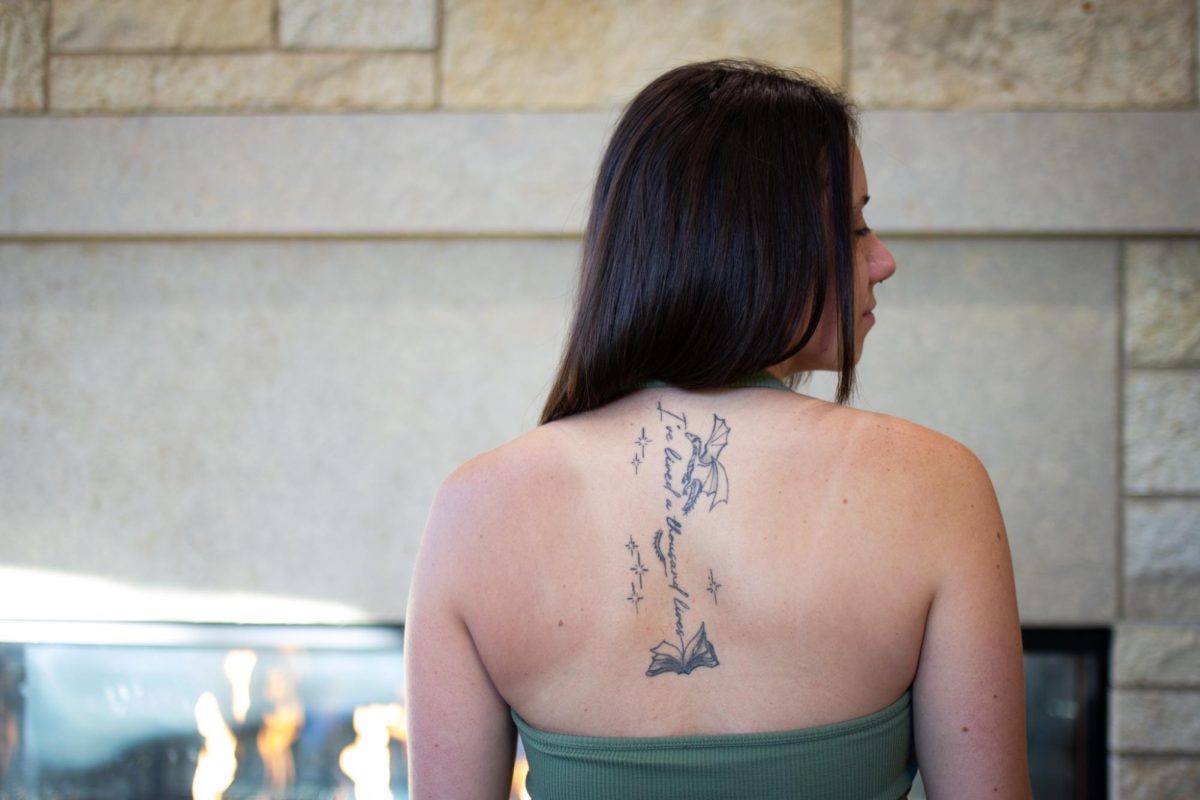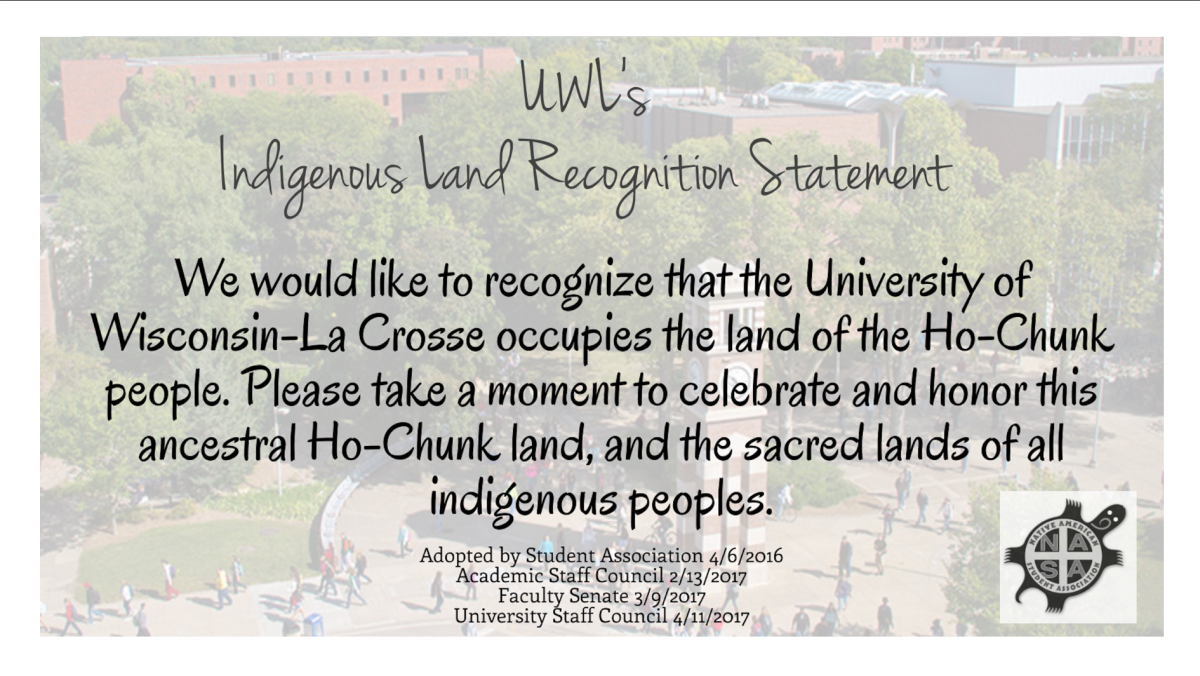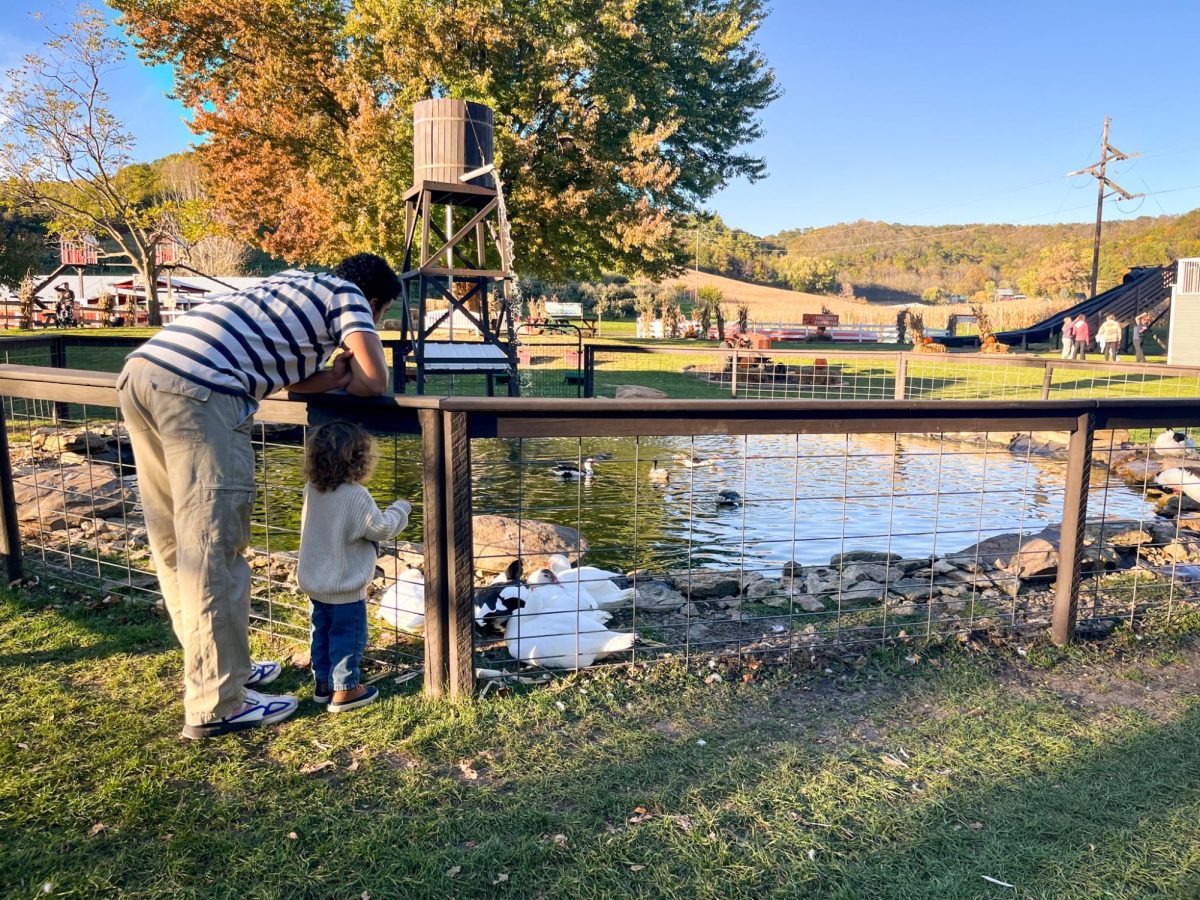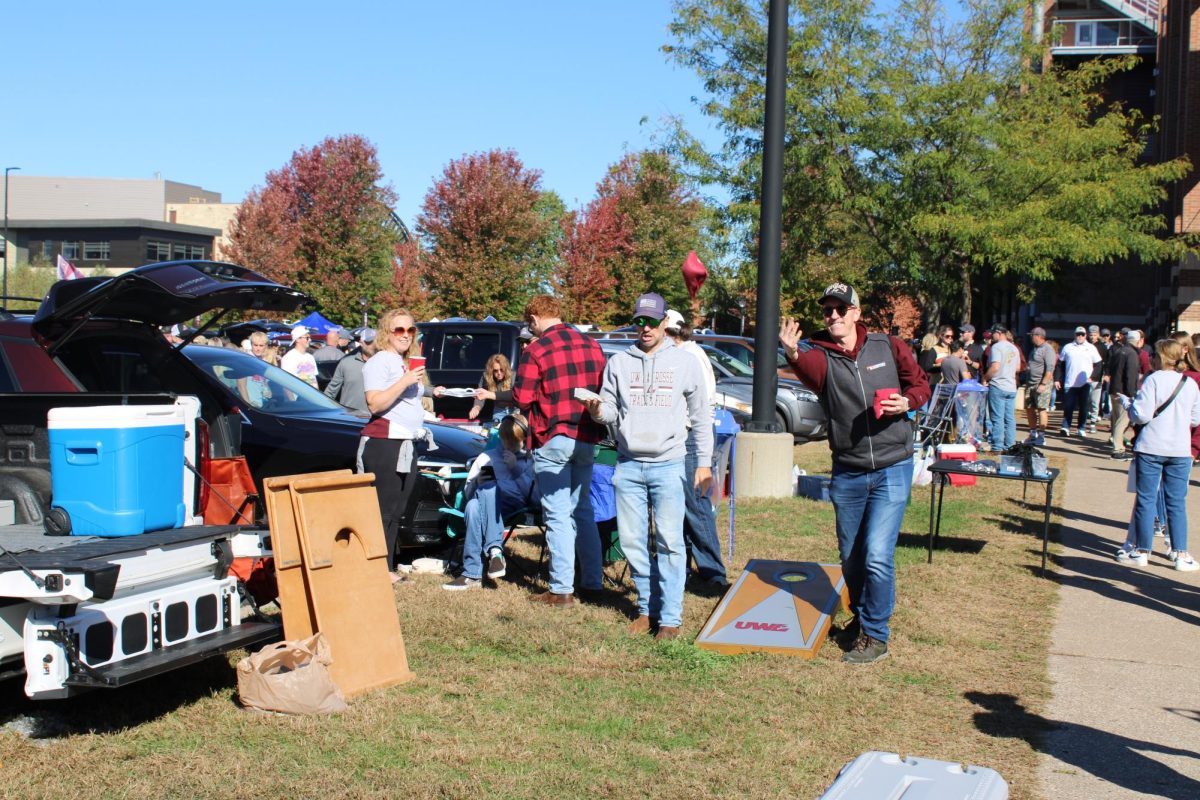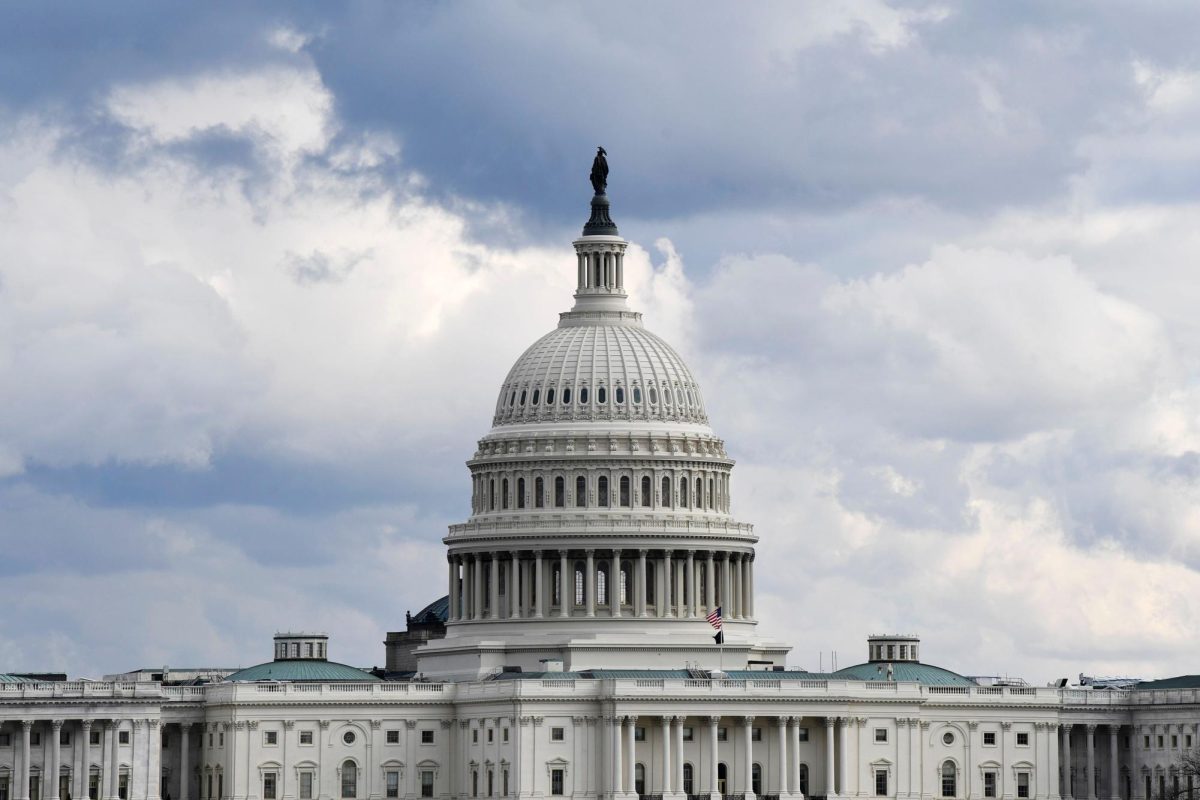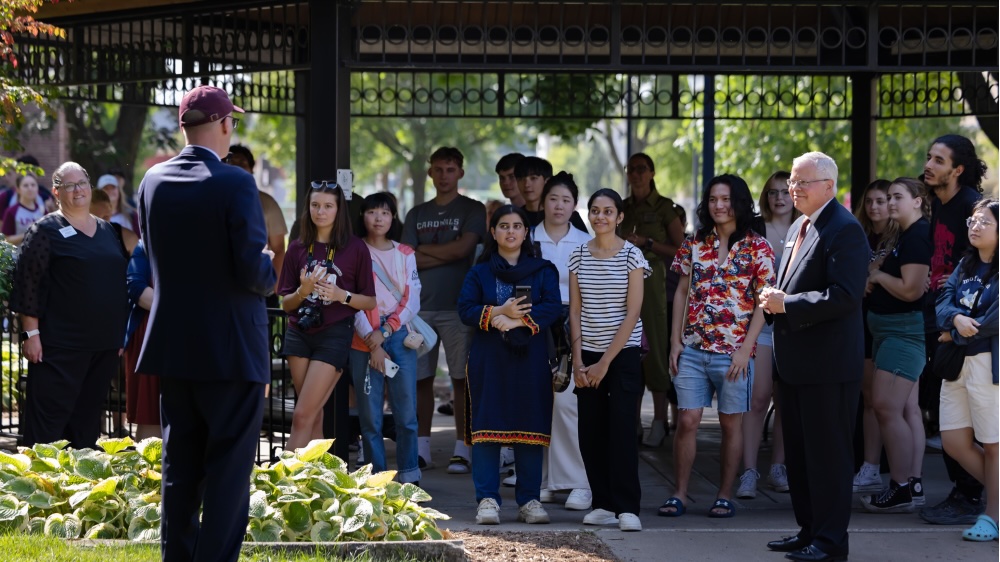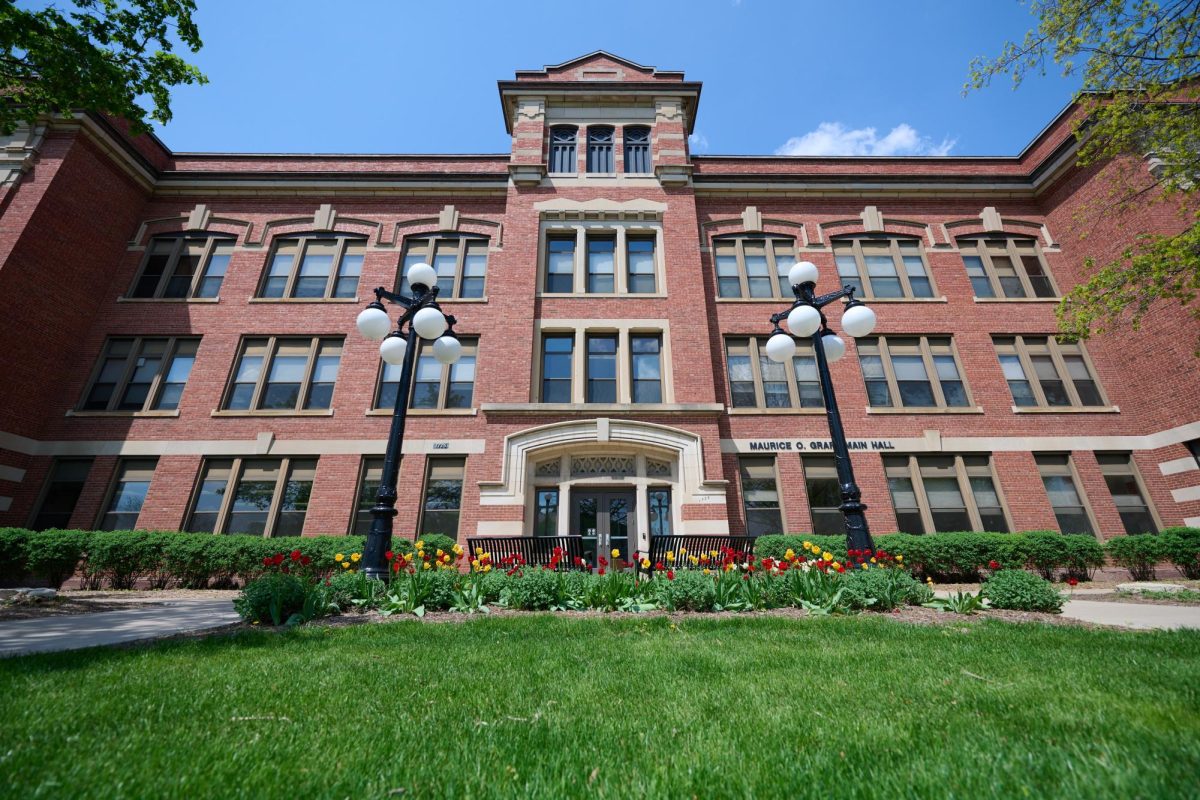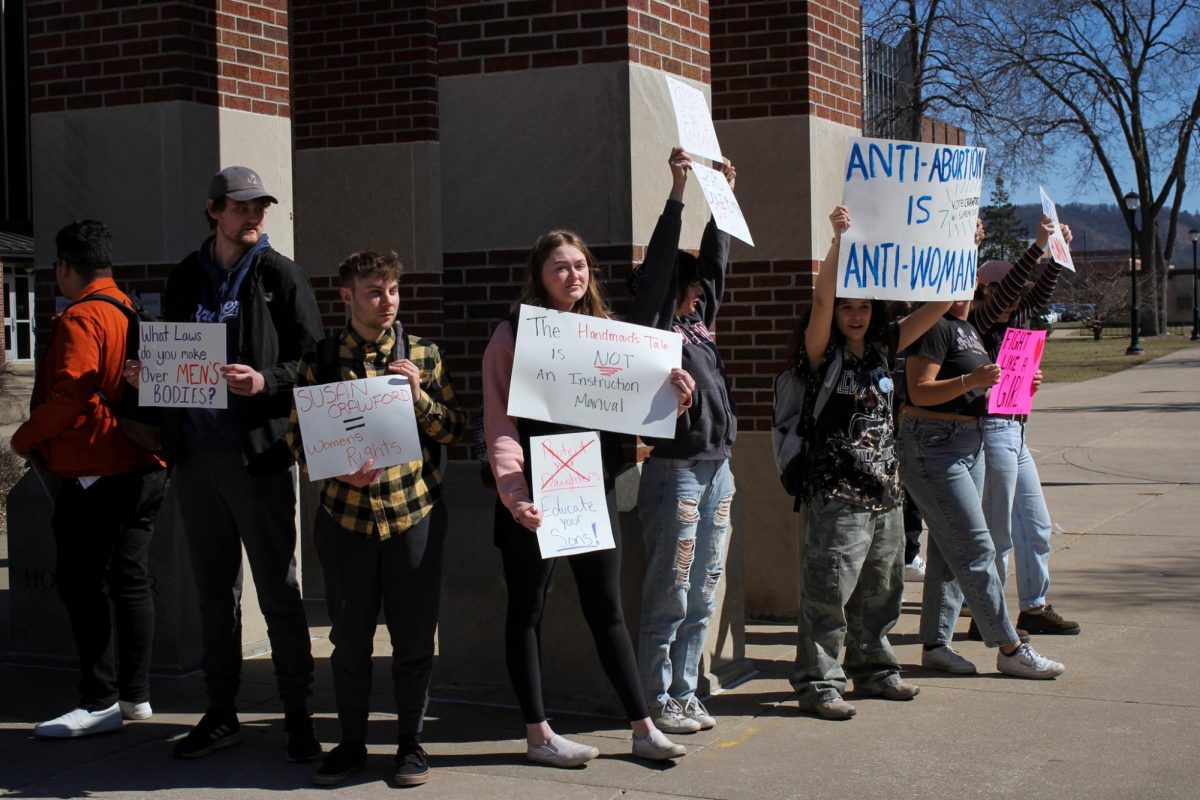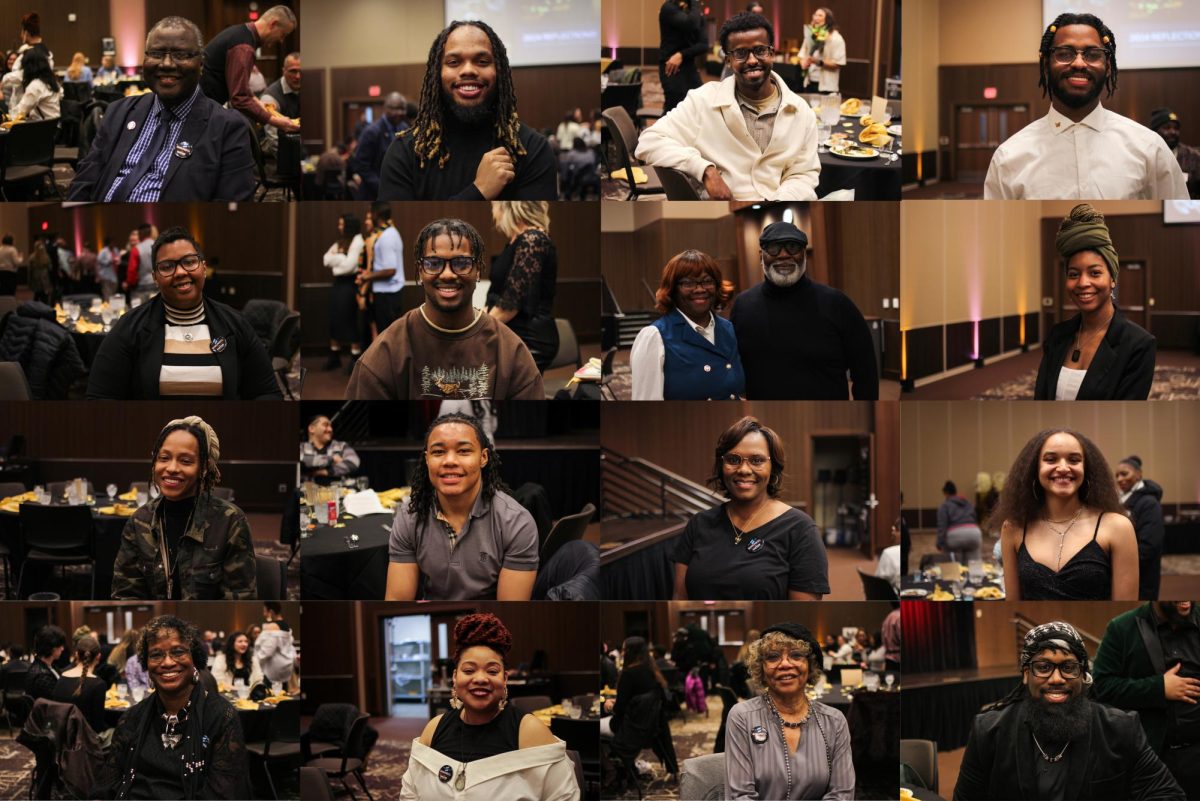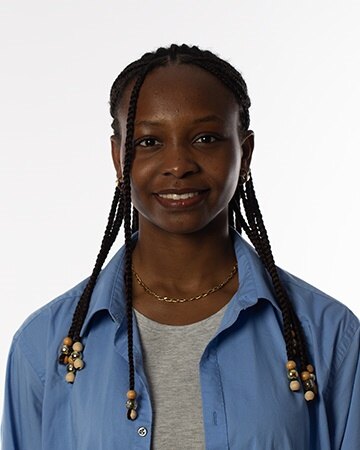On April 7, The Racquet Press covered an event featuring the offices of Title IX and Violence Prevention that informed students on the rights and resources available to them in the case of sexual violence.
This time, The Racquet Press sat down with three University of Wisconsin-La Crosse students to get their opinion on how safe they felt on and off campus.
These students mentioned the various ways UWL had increased their feelings of safety, as well as where they believed the institution wasn’t doing well and could do better.
UWL second-year Madeline Maxson is involved in UWL College Democrats and has assisted in organizing women’s rights marches on campus. She talked about how appreciative she felt of the presence of campus police.
“I found myself walking home at night, and it’s dark and there’s no one on campus, but there’s a police car sitting there,” said Maxson.
Jordyn Plitzner, a resident assistant at Laux Hall, commended the Safe Buses and the Blue light telephones. UWL has over 40 of these emergency phones spread across the campus.
“They’re placed in specific areas on campus, where if a student feels unsafe or encounters… a stalking incident, for example, then they could press the button and call UPD,” said Plitzner. “I think that’s a good thing on campus.”
Regardless, all three interviewees believe that there is a strong reason for concern.
A UWL student who chose to go by the pseudonym Hailey for privacy reasons said that she initially felt safe on campus when she started going to UWL, but after experiencing sexual violence, her feelings changed.
Hailey said, “I think one of my issues was [that] I felt too safe, and I didn’t realize everything that was going around. After I opened up about my experience… majority of the people I spoke to had almost an identical experience, or someone extremely close to them had that experience on our campus.”
Maxson echoed similar concerns about the lack of awareness of the real levels of safety for UWL students. She said that being an active and involved student helped her know more about what was happening on campus, but that wasn’t the case for everyone.
“We’ve obviously heard about the sexual assault incidents in the dorm, and then [for] people of the LGBTQ+ community, I‘ve heard stories of their pronouns being ripped off their doors,” said Maxson.
Maxson brought up that these incidents were occurring mostly in first-year student spaces, which made her concerned about the effectiveness of mandated training programs for students when they initially arrive on campus.
UWL has four mandatory trainings that must be completed within 30 days of one’s access to their MyUW Portal, and at intervals listed thereafter. They are:
- Information Security Awareness- Completed annually
- Mandated Reporter- Required once upon hire
- Preventing Sexual Harassment and Violence- Required every three years
- FERPA Training- Required every three years
“Freshmen are susceptible. They’re new to university, they’re new to drinking, they don’t know the climate [and] they’re learning how to be adults… in my opinion, those [mandated trainings on sexual violence] should be yearly,” said Maxson.
Hailey brought up similar concerns.
“They [mandated trainings] aren’t adequate,” she said. “The person who assaulted me mentioned the fact that he had been through that training, yet still continued to do what he did, proving that it was not [adequate]… clearly something is being missed.”
Hailey suggested that the training have a more hands-on approach and added that currently it felt more like a box that had to be checked instead of being a preventative measure.
“Have it more of an open conversation as opposed to an online course or just this assignment you have to complete in order to pass your class, because it’s more than that, these are people’s– this is our lives,” said Hailey.
UWL’s Office of Title IX and Compliance is responsible for responding to reports of sexual misconduct, taking immediate action to eliminate sexual harassment or sexual violence, preventing its recurrence, and addressing its effects.
UWL’s Violence Prevention office is another resource for students experiencing sexual harassment or violence. They assist with advocacy, information and support.
Hailey explained that she encountered a lot of disappointments utilising the resources on campus and described it as “inefficient and overwhelming.”
“As somebody who’s very involved on campus, I’ve always been aware of what the resources are [and] who to go to. However, when it actually was my turn to have to utilize those resources, they weren’t applicable in the ways that they needed to be,” said Hailey. “I was given the same script over and over again and never actually connected with the resources.”
She further explained that she ran into a lot of difficulty accessing resources and encountered long wait times despite the urgency of the situation she experienced.
“So after a traumatic event, I waited a week and a half, but I was already registered. For people who aren’t registered through Counseling and Testing, I can imagine it could take up to three weeks,” said Hailey.
Plitzner also commented on the disproportionate ratio of counselors compared to students.
“They can’t talk to everyone that’s been sexually assaulted or experienced some unfortunate situation,” she said.
Hailey added that after meeting with Residence Life, it took over a week for her to get assistance with secondary housing, an effort that took 20 emails to happen. She said that a no-contact order wasn’t offered until her fourth meeting with a representative, and she only got one after almost two weeks.
“I spent a week trying to coordinate meetings with every department on campus on my own, as opposed to having someone sit down and help me with that, and it was overwhelming, and it didn’t give me the time to process when I needed to,” said Hailey.
When asked whether UWL advocated enough for their students when it came to campus safety and sexual assault, Hailey said, “On a very surface level [for] obligations that need to be done legally.”
“When it came to me saying that I didn’t feel safe and I didn’t feel comfortable, it was taken very lightly,” said Hailey.
Maxson suggested that the Title IX and Violence Prevention offices put more effort into being known by students on campus because she didn’t think a majority of students knew the extent to which services they could be offered.
“I think the big issue with campus is, when you do an event, you’re always hitting that same group of people that engage… no matter what you’re talking about,” said Maxson. “It [students’ rights] also needs to be [on] a more public platform.”
“I don’t think our campus security is talked about openly, apart from a very formal… aspect of releasing the Statistics every year and having to release the vital information,” said Hailey. “So I think it feels like a safe campus, because we aren’t talking about the fact that it’s not.”
The Racquet Press reached out to various campus departments and faculty that have formal roles in assisting students who have experienced sexual assault. The Office of Title IX and Compliance, Residence Life and the Dean of Students all declined an interview.
In February, following media coverage of two UWL students charged with sexual assault crimes, Dean of Students Kara Ostlund sent a email to all students with the subject line “Recent Campus Safety Concerns”
The beginning of the email read:
“This week, local media have reported on two separate safety incidents that occurred earlier this month. While we cannot comment on active investigations, I wanted to take a minute to reach out to you and share a little about the community I call home.”
“I am proud to work at the University of Wisconsin-La Crosse and have been here since 2018. I believe we are a very safe community and one where individuals look out for each other. This doesn’t mean that bad things never happen.”
The remainder of the email outlined UWL’s commitment to campus safety, including how they openly share information about campus safety and crime to keep the community informed and comply with a federal law known as the Clery Act.
The email highlighted mandatory education for students on topics such as alcohol use and sexual violence, both during orientation and through required courses.
While UWL’s safety measures like, emergency phones, mandated trainings and campus police, may provide reassurance to some students, others lived experiences tell a more complicated story.
The gap between policy and practice, between public messages and private realities, remains felt. Until that gap is closed questions surrounding safety at UWL will persist, not only in statistics, but in the stories students are brave enough to share.

